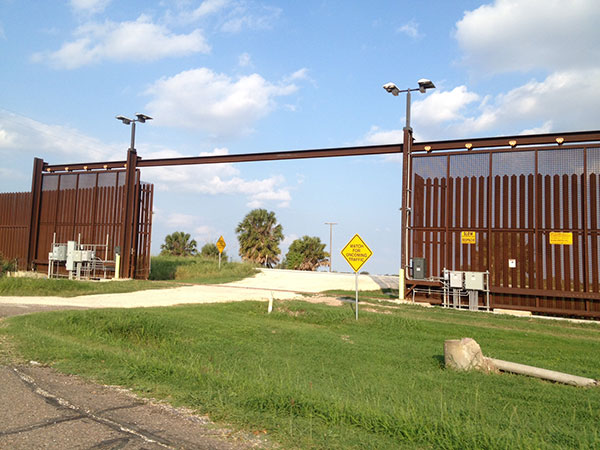International migration governance: understanding policy drivers for better responses
While migration’s impact is global in scale, the decisions that regulate it tend to be taken at the national and regional level. Indeed migration policy can be a defining issue for national sovereignty, touching on the very definition of borders and citizenship. But what are the drivers behind the way States respond to migration?
We know quite a lot about why people migrate and about the legal and policy responses in the countries they are going to. We know less about the factors that shape these responses, particularly how the key people in positions of authority within these governance systems understand the causes, risks and effects of international migration. The aim of the ERC- funded project MIGPOSP is to collect these understandings and analyse how they may condition the institutional responses to global migration now and in the future.

Copyright @MIGPROSP (migrationgovernance.org)
Prof. Andrew Geddes, who leads the project, has developed a multi-disciplinary research programme drawing from Political Science, International Relations, Environmental Science, Social Psychology and Organisational Studies, which includes extensive fieldwork all over the world. Since the start of the project in 2014, his team has conducted more than 300 interviews in around 30 countries spread over four regions: Europe, North America, South America, and Asia-Pacific.
Prof. Geddes and his team have interviewed political leaders, government officials, civil servants, NGO's and trade unions representatives about a wide range of issues. These include: i) their personal background and experience and how this impinges on their perception of international migration, ii) whether particular events or incidents have had shaping effects on their opinion on international migration, iii) what they see as the main causes and effects as well as the risks and uncertainties of international migration and whether these might change in the future, iv) their networks and the sources of information upon which they rely for their understanding. One of the preliminary findings is that climate change is seen by interviewees as a future cause of migration while, empirically, there is evidence that environmental challenges are already affecting population movements.
The project is currently in its second phase, which uses new interviews and workshops to focus on the circumstances under which prevailing assumptions might change. In fact, a status quo in the attitudes of the key actors in major destination countries is likely to prevent innovation and change in the migration governance. Prof. Geddes hopes the study, allowing also a cross-regional comparison, will provide a valuable contribution to debates about future, better responses to migration, both at State and international level.
Find more examples of projects in the brochure: Migration and asylum: The contribution of frontier research to the understanding of human mobility across frontiers
Professor Andrew Geddes joined the Department of Politics at the University of Sheffield (United Kingdom) in 2004. In January 2017 he has moved to the European University Institute in Florence (Italy) to become Chair in Migration Studies and Director of the Migration Policy Centre. He specialises in comparative and international analysis of politics and policy-making and has a strong interest in the politics of international migration.





